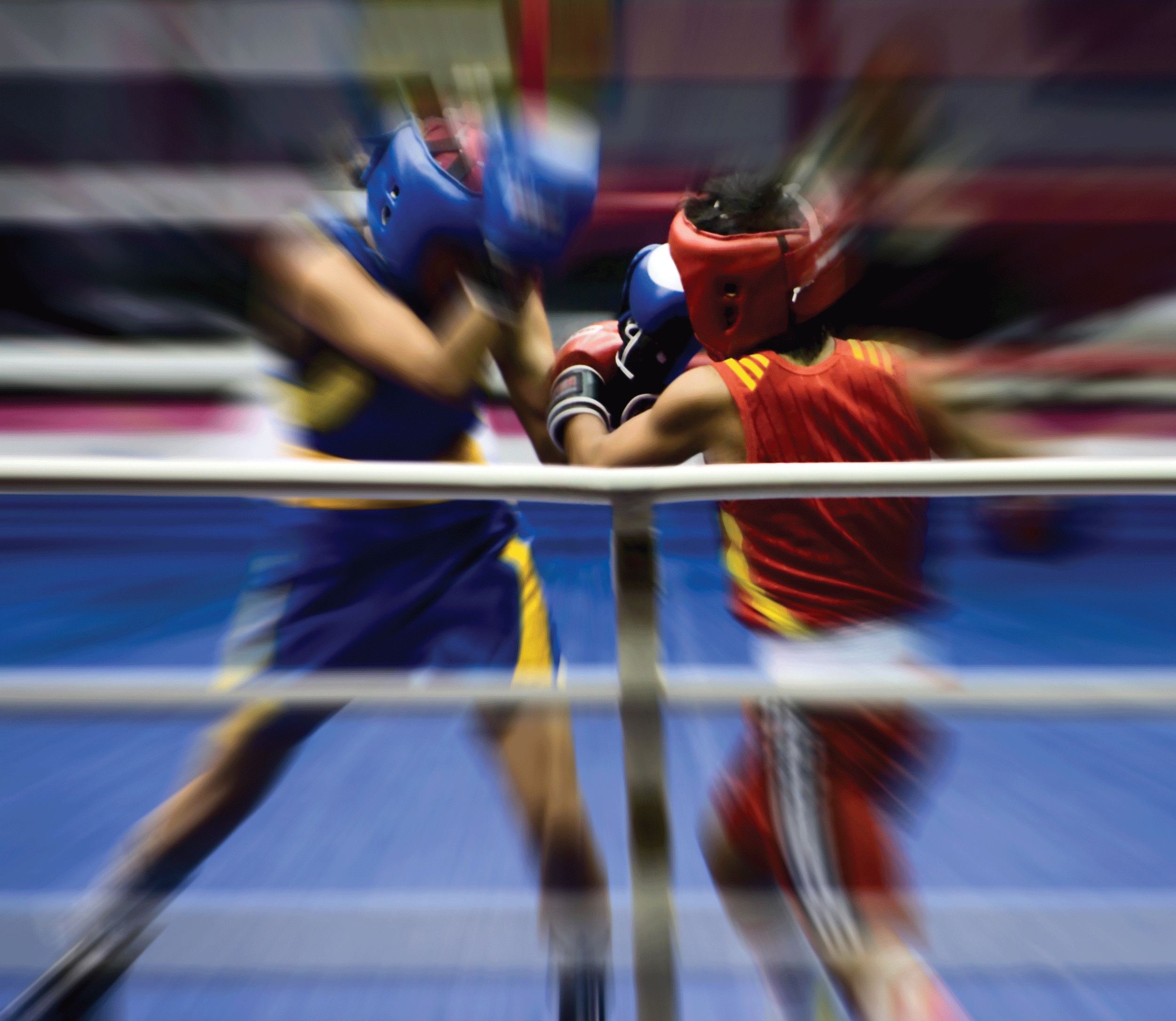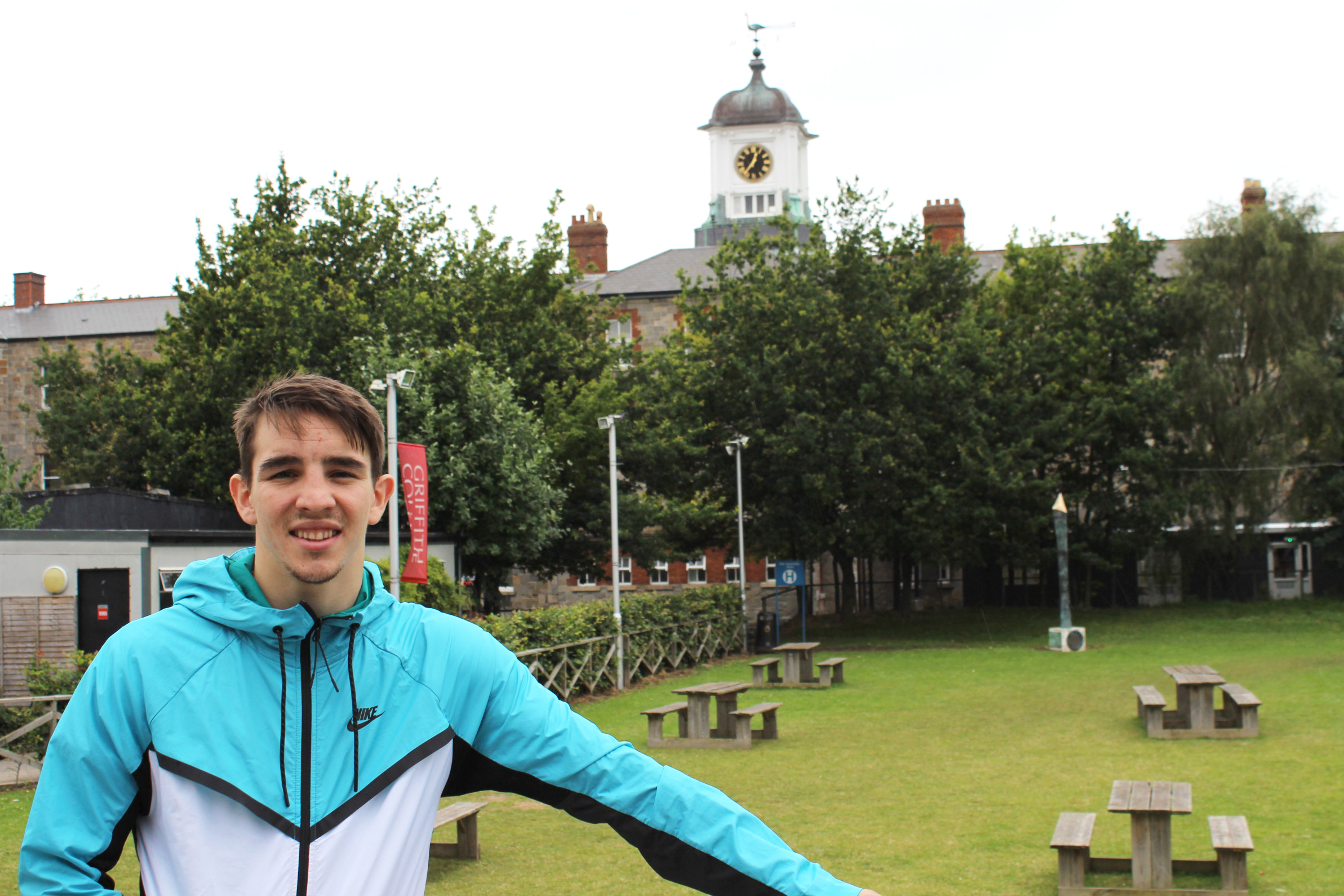
For the average person, life’s game plan seems relatively mapped out. Go to school, earn your education, get a job, build a career until you’re 65 and retire to watch your family do the same thing. But the life of an elite athlete couldn’t be further from this model. Everything is intensified and condensed – in fact, the average professional career spans just four years. After the rush of competition and the strict regimen of training falls away, what next?
Hanging up your boots. Athletes retire for many different reasons – injury, age, deselection and by free choice. Often, they’ll have trained for most of their life, so education (and even having families) will just have to wait. This throws up a bunch of unique challenges. Elite gymnasts, for example, often retire as early as their late teens. At a time when all their peers are choosing their careers, they’ve already had one! Then there are older athletes who have been in the game so long, the thought of pursuing another career seems impossible.
Sink or swim. The struggles of athletes post-retirement have been widely publicised. Ian Thorpe is one of the most prominent to have his depression, substance abuse and rehabilitation played out in the public eye. “There are some mornings when, if I didn’t have the routine of training, I would struggle to get out of bed,” Thorpe said, after failing to qualify for the London 2012 Olympics.
Unfortunately, this story is not uncommon. According to Dr Mandy Ruddock-Hudson, lecturer at La Trobe University School of Psychology and Public Health, “involuntary retirement can elicit psychological and emotional difficulties including: decreased self-confidence, more frequent, feelings of anger, anxiety and depression, substance abuse.” Academic literature has also shown the major factors affecting athletes after retirement are the collapse of identity, structure and purpose – a loss of self.
But athletes who have interests and education outside of sport, as well as strong social support systems, are better equipped to manage this transition.
A new game plan. Griffith College in Dublin is the first educational establishment to specifically address dual careers and career transition in elite sport. The Certificate in Dual Career Development (Sport) is developed to ensure that athletes are prepared for life after retirement, with a qualification upon completion which allows students to gain entry into other degrees in the future.
“What makes this course different to other study options is that it empowers athletes to take ownership of their preparation for life after sport while also engaging in higher education, something they can struggle to commit to while involved in top level sport,” says Griffith College lecturer Eilis O’Leary.
“The flexible scheduling and highly relevant content makes the course an ideal platform for athletes to develop skills relevant to their unique situation and introduce them to higher education as something that is accessible, manageable and “for them”.”

One of the course’s unique highlights – completely tailored to the unique career path of elite athletes – are the practical skill lessons which teach athletes how to deal with the media and manage their online presence (where everything is exposed to scrutiny).
Athletes are also schooled in protecting their personal finances, another area often neglected. In 2009 study, Sports Illustrated found that 78 per cent of NFL players are broke or struggling financially after retirement, and 60 per cent of NBA players are broke after five years.
Run during the off-season, the program has already won the praise of Ireland’s top athletes, including boxer Michael Conlon, footballer Patrick Cregg, jockey Declan McDonogh and retired footballer (and now full-time coach) Stephen Rice.
“The Certificate in Dual Career Development has helped me develop both professionally and personally,” says McDonough. “I learnt how to manage my online brand through social media and how best to negotiate contracts.”
But perhaps what really sets the course apart is its focus on helping athletes build personal strengths like emotional intelligence, initiative, self-awareness and confidence. Through mentoring, the athletes are taught how to cope with career setbacks, expand their horizons and pursue other paths.
“My experience was far superior to what I expected,” says Cregg. “Not only was I introduced back into education in a fair and enjoyable way, I also got to meet top sports people from different backgrounds to myself. I would personally recommend any sports person looking to get back into education to look at this course first and foremost.”
Conlon, Cregg and McDonogh are yet to retire from their fields, but it’s hoped that this foundation will ease their transition when it’s the right time – and prove the benefits of playing the long game in this often short-lived career.

